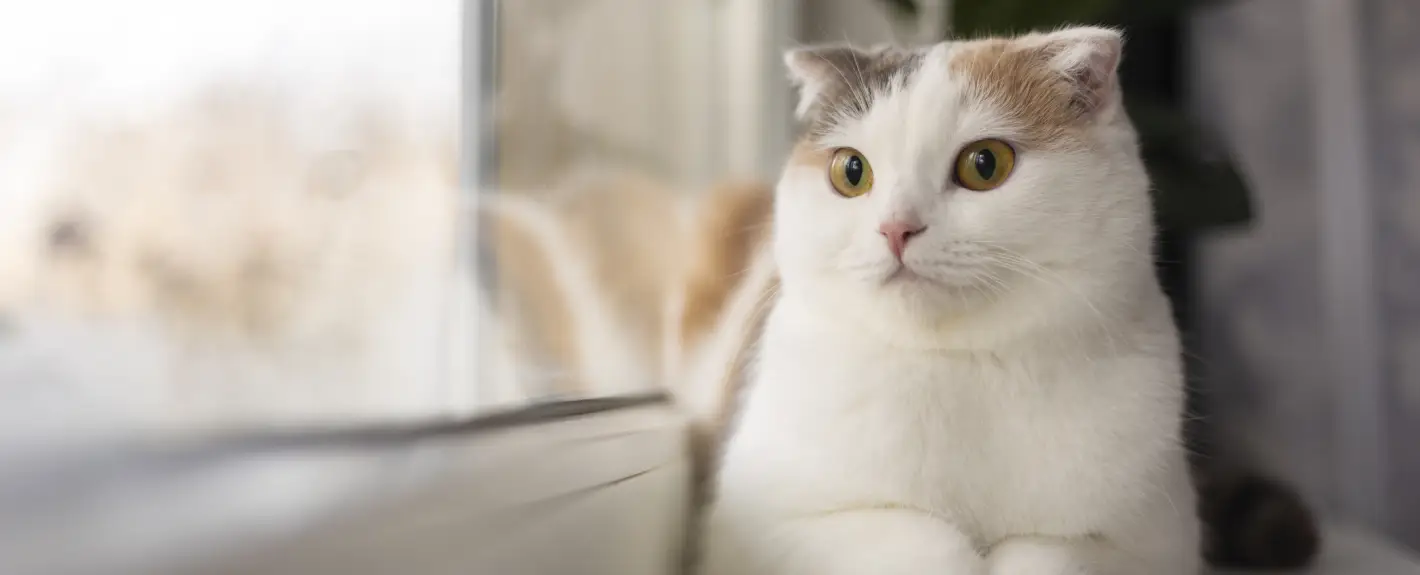Is your kitty aged nine or older? Cats become seniors around age ten, so you may already have a furry, meowing retiree on your hands. Of course, you aren’t likely to see drastic, immediate changes in Fluffy’s appearance or demeanor. Our feline pals generally age slowly and gracefully. However, your cute pet will always be a kitten at heart. As it turns out, one of the best things you can do for an aging cat is to play with her regularly. A local Greeley, CO vet lists some reasons why in this article.
Exercise
Playing is important for your cat’s physical health and stamina. You’ve probably noticed that our feline buddies are very, very sleepy. By the time your kitty is a senior, she’ll be a very accomplished napper, capable of spending as much as 20 hours a day snoozing! Unfortunately, your drowsy pet won’t burn many calories chasing Z’s. You may need to trick her into staying active. Even a few minutes of running, jumping, and pouncing each day will be beneficial.
Mental Stimulation
Did you know that cats can experience cognitive decline as they age? Fluffy may get confused and forgetful in her golden years. Playing can help by providing mental stimulation. It takes concentration to time those tricky pounces! That focus can help ward off cognitive decay.
Routine
You may have noticed that our feline companions are creatures of habit. Fluffy usually follows a pretty set schedule for those 14 daily meals, 39 naps, and 10 meditation sessions. Playing with your furball at roughly the same time every day can help provide structure to her day. This in turn can help keep her feeling safe, secure, and loved.
Purrs
Speaking of love, that’s another purrfect reason to go get that wand toy or laser pointer. Fluffy will know that you’re doing something to entertain her, keep her happy, and just interact with her. That will definitely score you some points! Plus, playing provides enrichment for your furry buddy. That’s also important for her quality of life.
Tips
While you have to be careful not to overexert an older dog, that really isn’t much of a problem with cats. If Fluffy gets tired or bored, she’ll just walk away. However, you should be careful to only play in safe areas. A carpeted floor is probably your best bet.
Our Advice on Reasons To Play With A Senior Cat in 2025
What specific types of toys or games are most beneficial for senior cats?
For senior cats, engaging in interactive play with toys that stimulate both physical and mental activity is crucial. Wand toys and laser pointers are highly effective as they encourage jumping, pouncing, and chasing, helping to maintain physical health and agility. Puzzle toys also serve well to keep the mind sharp by requiring cats to solve problems for treats or kibble. These toys not only help in preventing cognitive decline but also promote a structured routine, essential for a senior cat’s sense of security and well-being.
How often and for how long should pet owners play with their senior cats each day?
Pet owners should aim to engage their senior cats in play for short, stimulating sessions daily. About 10 to 15 minutes of playtime spread throughout the day can greatly benefit a senior cat’s health and mental acuity. This can be broken into shorter sessions of 3 to 5 minutes, which prevents fatigue while keeping the cat active and engaged. Consistency in playtime helps maintain routine, which is reassuring for aging cats and contributes to their overall sense of security and well-being.
Are there any age-related health issues that pet owners should be aware of when playing with senior cats?
When playing with senior cats, pet owners should be mindful of age-related health issues such as arthritis and decreased energy levels, which can affect mobility and endurance. Cats with cognitive decline may also show less interest in play or become easily disoriented. It’s important to adapt play activities to be gentler, avoiding high jumps or strenuous activities that might strain their joints or overwhelm them. Monitoring the cat’s response to play and adjusting the intensity accordingly ensures safe, enjoyable interactions that accommodate their changing physical and mental needs.
How can pet owners encourage senior cats who may be less active or interested in play?
Encouraging less active senior cats to engage in play involves using stimulating and easy-to-manage toys like feather wands or slow-moving laser pointers that match their pace. Offering varied toys that appeal to different senses, such as crinkly toys or those with catnip, can spark interest. Gradually introducing new play routines and maintaining consistent playtimes help integrate activity into their daily schedule. Keeping play sessions short and sweet ensures they remain manageable for the cat, making play a positive, stress-free experience that they look forward to each day.
What are some signs that a senior cat may be experiencing cognitive decline?
Signs of cognitive decline in senior cats include disorientation, changes in sleep patterns, increased vocalization without apparent reason, and reduced interest in play or interaction. Owners might also notice alterations in the cat’s social behaviors, such as seeking less affection or appearing confused by familiar routines. Memory loss can manifest as forgetfulness about the location of litter boxes or food dishes. These symptoms can indicate cognitive issues, especially when they represent a change from the cat’s usual behavior patterns. Monitoring these signs is crucial for managing their health as they age.
Please contact us with any questions or concerns about caring for an older cat. As your Greeley, CO pet hospital, we are here to help!



